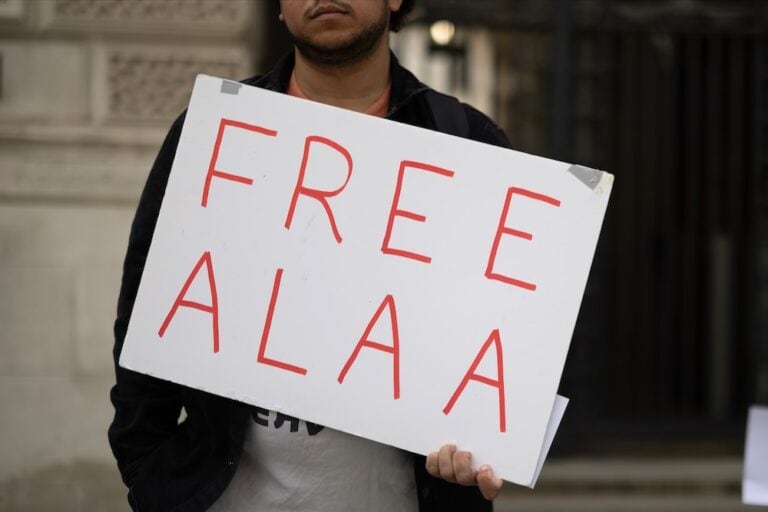The Global Network Initiative outlines serious concerns with the UK's draft Communications Data Bill.
UPDATE: UK parliamentarians scrutinize digital surveillance plan (25 October 2012)
(EFF/IFEX) – 17 September 2012 – The United Kingdom’s draft Communications Data Bill, more commonly known as the Snoopers’ Charter, has drawn a sharp critique from the Global Network Initiative (GNI). In a submission to the UK Parliament’s Communications Data Bill Joint Scrutiny Committee, the organization outlined serious concerns with the proposed legislation, which would expand governmental powers to access the online communications of all UK citizens.
GNI is a coalition of companies, civil society organizations (including the Electronic Frontier Foundation, EFF), investors and academics working collaboratively to advance freedom of expression and privacy in the Information Communications and Technology (ICT) sector.
GNI outlined several serious concerns with the draft legislation, which has prompted fierce opposition from privacy advocates, including EFF.
One major problem is that the UK Snoopers’ Charter contains a provision requiring the generation of data specifically and only for law enforcement access, making it even more extreme than the highly problematic EU Data Retention Directive, which EFF is working to repeal. From the GNI submission:
“The bill broadens the collection and retention of new data on anyone in the UK using communications services. This includes requirements to generate data – not required for business purposes and not routinely collected by providers – specifically and only for the purpose of law enforcement access. This provision goes beyond the existing requirements under the Regulatory and Investigatory Powers Act (RIPA) and the EU’s Data Retention Directive.”
Furthermore, not only would the Snoopers’ Charter further erode the privacy rights of its UK citizens, GNI pointed out, it could set a negative precedent that would give authoritarian regimes a model to point to when seeking to justify surveilling their own citizens. Such an outcome could have grave consequences for human rights.


